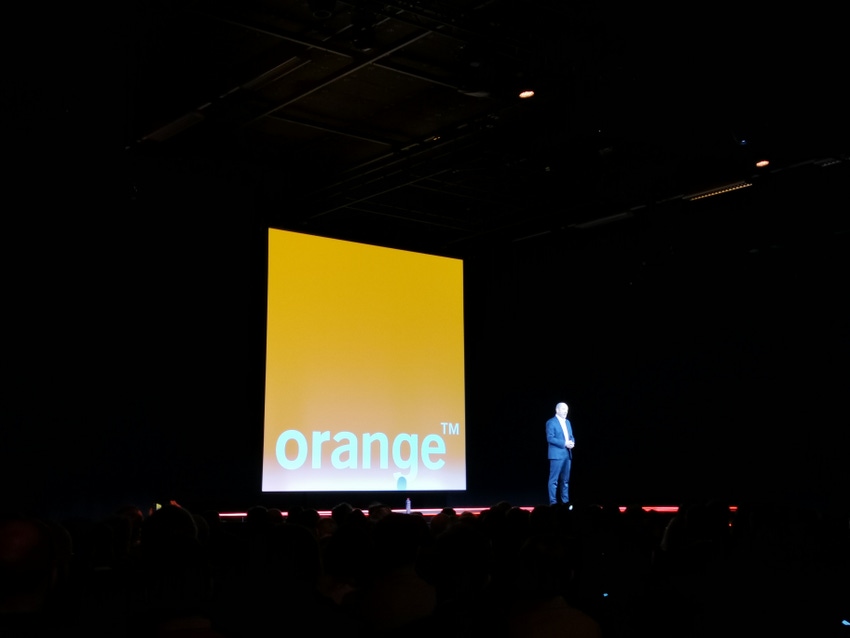With it abundantly clear connectivity alone is not enough to meet the profitability ambitions of the telcos, Orange has made a fresh push to wrestle control of the smart home away from those greedy internet players.
December 12, 2018

With it abundantly clear connectivity alone is not enough to meet the profitability ambitions of the telcos, Orange has made a fresh push to wrestle control of the smart home away from those greedy internet players.
As expected, the Orange and Deutsche Telekom partnership has flourished into a diversification venture. For Orange, the team will be launching the Djingo Speaker, while DT will be launching its own version branded the Magenta Speaker. These are fundamentally the same product, operated by the same AI, tailored for the individual markets.
New products should hardly come as a surprise, but this is the tip of the spear aimed directly at the useful ecosystem created by Amazon and Google in the smart home.
Originally the router might have appeared to be the logical focal point of the fabled smart home ecosystem, though inactivity from the telcos and aggressive deployment from the OTTs has seen this shift to the smart speaker. Orange’s Live Box will seemingly be the home of the connected services portfolio, though with the smart speaker the team now have an interface which is increasingly becoming normalised with the consumer.
The big question is whether Orange is able to demonstrate the value of itself as a provide to the customer, above and beyond what the OTTs can offer. And they are playing an interesting angle.
“The business model is based on the subscription charge,” said Stephane Ricard, Orange CEO. “We won’t squeeze your data to make money.”
With the world quickly turning against the data-sharing economy, thanks to governments gradually exposing the complicated nature of the data machine, this might be a useful statement to make. Orange will charge a subscription for the added value services, not use personal information as a commodity in the manner the OTTs are.
This is where Orange might find its first challenge. Less than one in four French citizens have a connected device today, aside from a smartphone, while only 10% make use of a digital assistant. The initial connected life services offered by Orange, linking up everything from connectivity to banking and entertainment, will be free, though monetization depends on luring customers to the more premium services, such as security.
This is one of the services which will be placed on top of the connected ecosystem created by Orange in the smart home. Working in partnership with Groupama, the Protected Home is a security solution which can be remotely managed by the user. There will be future joint ventures and solutions launched on top of the smart home ecosystem, but Orange needs to convince the user it is worth it in the first instance.
With low penetration of connected devices and virtual assistants, the French clearly aren’t that enthused by consumer IOT right now. Perhaps the Orange brand, a trusted and credible company in France, can change this image. Though whether it can compete toe-to-toe with the likes of Google and Amazon in developer power, remains to be seen. We doubt it, though perhaps the world does not need an overly complex virtual assistant right now.
Users don’t need a virtual assistant to restock fridges, or arrange meetings, they just a link to control the smart home. This is an area which the user is still getting used to, therefore perhaps its inability to create an overly-complex and super-intelligent virtual assistant will work in its favour?
Orange’s ambition is to be a multi-service vendor with connectivity acting as the bridge between various different services. The banking venture is now a year old, making steady progress, and the team will hope the same success can be replicated in the smart home segment.
About the Author(s)
You May Also Like








.png?width=300&auto=webp&quality=80&disable=upscale)


_1.jpg?width=300&auto=webp&quality=80&disable=upscale)


.png?width=800&auto=webp&quality=80&disable=upscale)